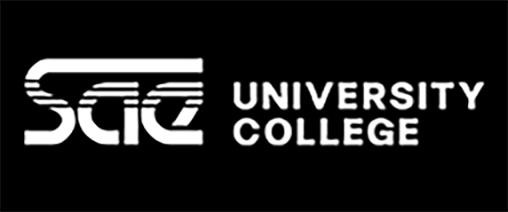Reframing & creatively handling history through music
Published
16-6-2024
Type of Work
Conference Presentation
Project Affiliation
University of Western Sydney/ Melbourne University
Abstract
Reparative research has the capacity to reveal to us other ways of thinking about the past, within the present, whilst also opening up possible futures. It might, for example, recover composers who were previously overlooked or erased from music history, which impacts our understanding and behaviours today, and may serve as a call to action for the future. By its nature, artistic research draws on imaginative, personal, intimate, embodied and sensorial perspectives. When combined, artistic reparative research can deeply reconsider, reclaim or reimagine history whilst also allowing for the potential to shift the focus beyond purely academic contexts and into broader discussions and felt experiences.
My recent research explored the works and worlds of two baroque composers, Francesca Caccini (1587- c.1645) and Barbara Strozzi (1619-1677), approaching their surviving traces creatively whilst investigating temporality and subjective modes of knowledge production. Caccini and Strozzi were both celebrated and prolific composers in their own times, but as women composers, they were later disappeared through layers of biassed histories. It was not until late last century that they began to be recovered by feminist musicologists, yet still they are unknown outside academia and select early music programming. My project researched how a contemporary composer might work with creative methods (conceptual, tactile and historic devices) and the historic traces of these two somewhat lost role models, as a means to explore what they might have to say to contemporary practice. In turn, I explored what contemporary practice might offer to our understanding of the earlier work and context. The project drew together sense-oriented frameworks from artistic practice-led research, the Baroque era and sound studies, with a focus on listening (and all its metaphoric, sensual and technical applications). In doing so, the research modelled how a contemporary self-producing multisensory composer might interact with the past to create new work, and demonstrated artistic praxis as a critical approach for working with music history.
This presentation will unpack some of the findings of this project, with a focus on how contemporary composers might consider composition as a location and act to creatively handle history and explore a personalised experience and understanding of the past.
Citation
Deak, C. (2024). Reframing & creatively handling history through music [Conference Presentation]. Innovation in Music Conference, Kristania University College, Oslo, Norway.
Link to Published Work
https://www.inmusicconference.com/_files/ugd/43bfaa_c0799688b8ca4876941439c315171957.pdf

